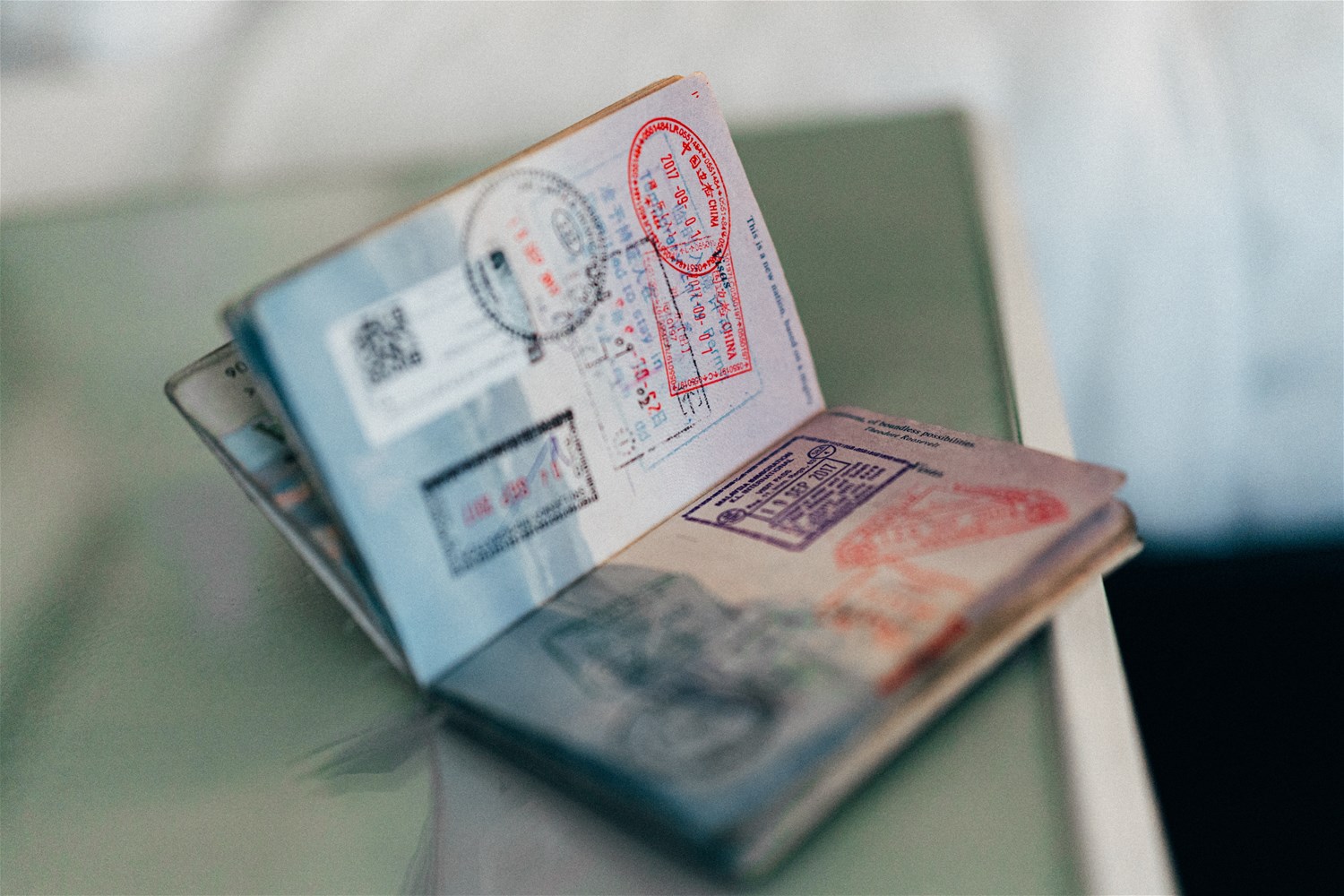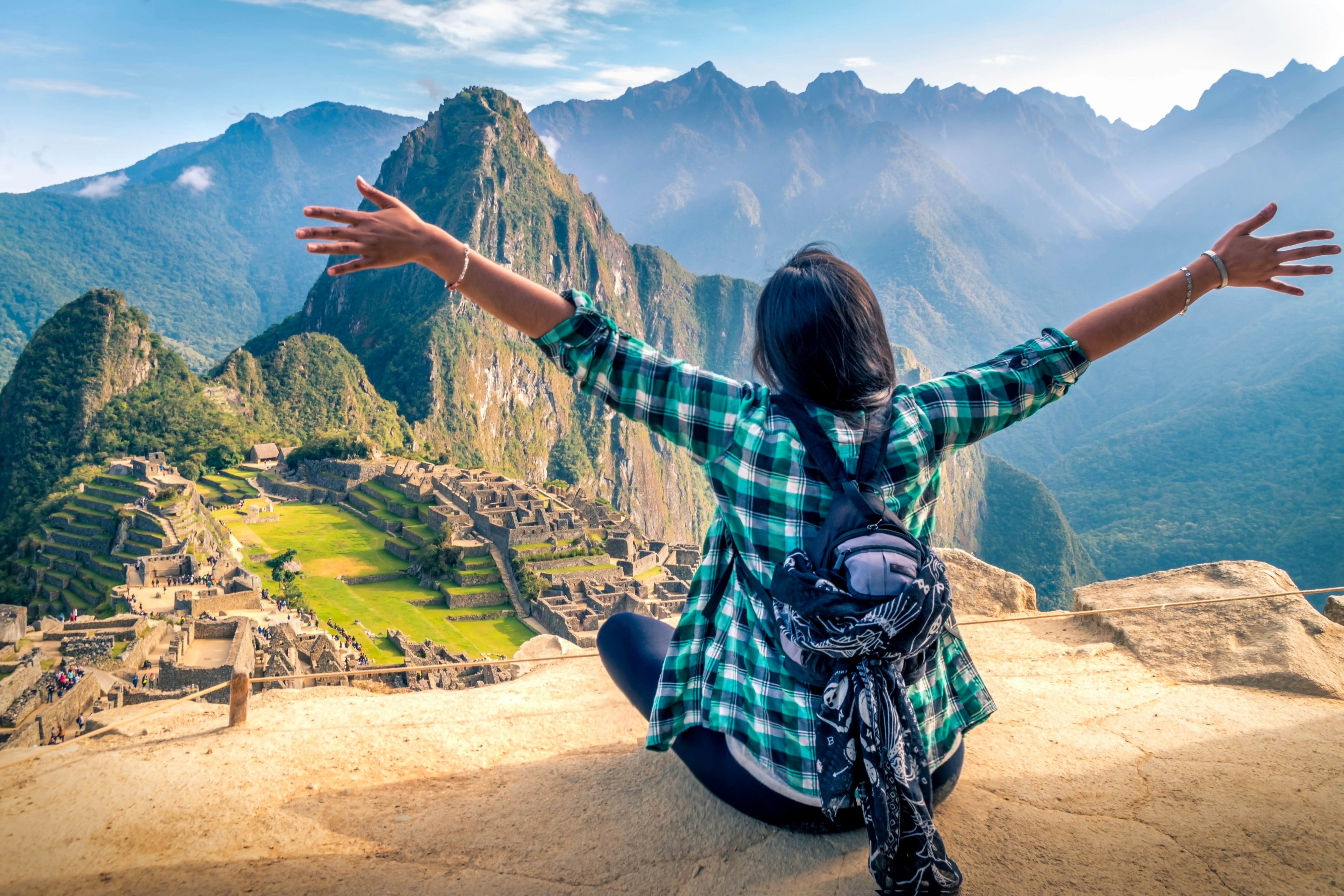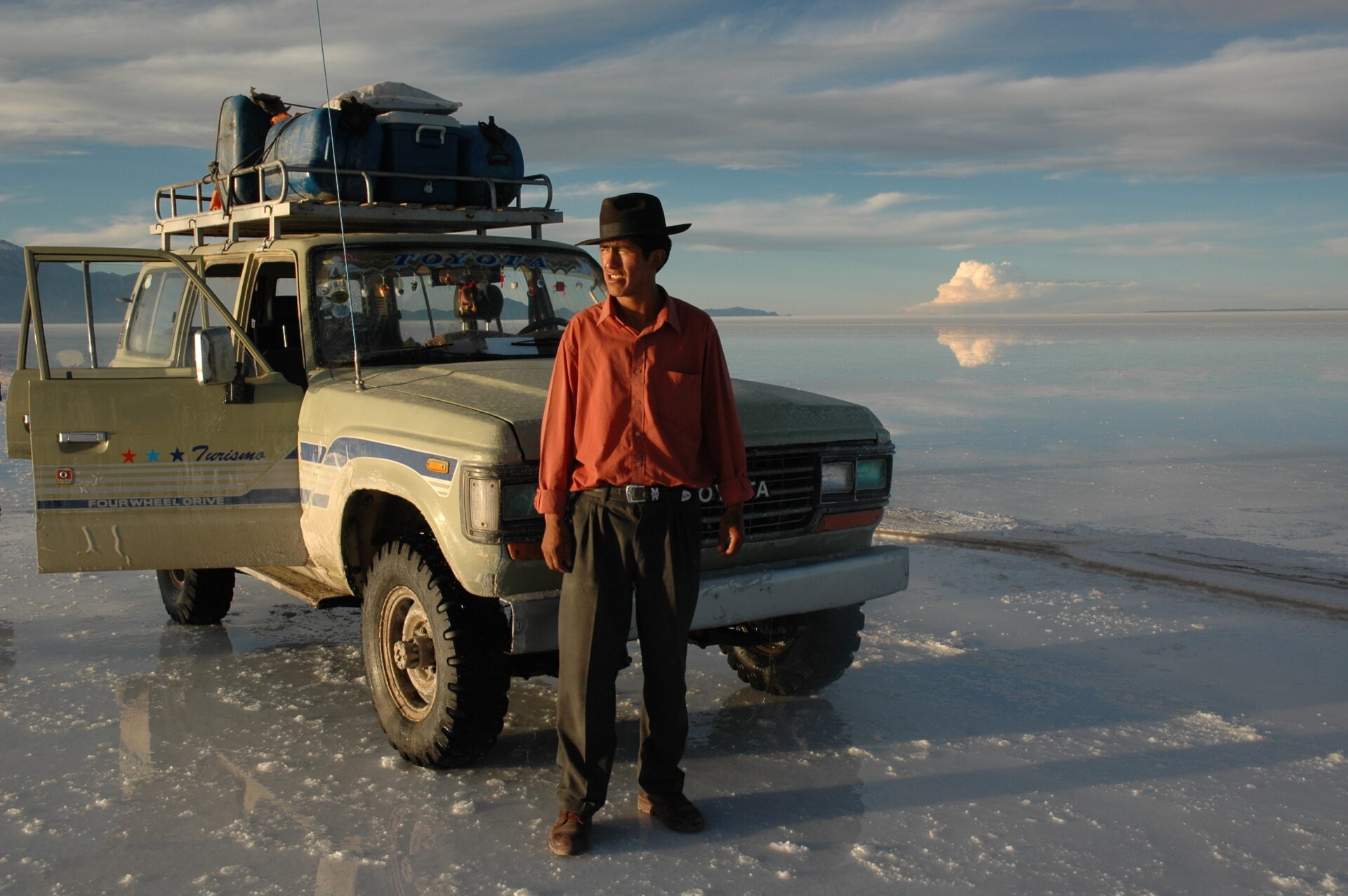Top Tips for Canadian Travelers Visiting Bolivia
Introduction to Traveling in Bolivia
Overview of Bolivia
Bolivia, a landlocked country in South America, boasts a rich cultural heritage and diverse natural landscapes. As you step foot into Bolivia, you'll be enchanted by the vibrant colours, traditional Andean music, and the warm smiles of the locals. The country is known for its majestic mountains, including the Andes and the famous Uyuni Salt Flats, offering a truly unique travel experience.
Popular attractions in Bolivia
- Salar de Uyuni: Explore the world's largest salt flat, a surreal landscape that mirrors the sky.
- La Paz: Discover the bustling capital city nestled in a valley surrounded by the snow-capped Andes.
- Lake Titicaca: Visit the highest navigable lake in the world, renowned for its floating islands.
- Sucre: Immerse yourself in Bolivia's history by wandering through the colonial streets of this UNESCO World Heritage site.
- Potosi: Dive into the silver mining history of this city, once one of the richest in the world.
- Tiwanaku: Uncover the mysteries of the ancient Tiwanaku archaeological site, a pre-Columbian civilization.
Whether you're a nature enthusiast, a history buff, or a cultural explorer, Bolivia offers a tapestry of experiences waiting to be embraced.

Visa Requirements for Canadian Travelers
Visa information
When planning your trip to Bolivia as a Canadian traveller, it's essential to understand the visa requirements to ensure a smooth entry into the country. Here are some key points to consider:
- Tourist Visa: Canadian citizens are typically granted a 30-day tourist visa upon arrival in Bolivia. This visa allows for leisure travel and exploration of the country's wonders.
- Extension: If you wish to stay longer than 30 days, it's possible to extend your tourist visa while in Bolivia. However, it's advisable to check with the nearest Bolivian consulate for the latest information.
Entry and exit requirements
Before embarking on your journey, make sure you have the following in order for a hassle-free entry and exit from Bolivia:
- Passport: Ensure your passport is valid for at least six months beyond your intended stay in Bolivia.
- Return Ticket: It's often required to show proof of a return or onward ticket when entering Bolivia.
- Yellow Fever Vaccination: While not always mandatory, it's recommended to have a yellow fever vaccination certificate when travelling to Bolivia, especially if you are coming from a yellow fever-endemic country.
By ensuring you have met all the entry and exit requirements, you can focus on enjoying the rich cultural tapestry and natural beauty that Bolivia has to offer.
Currency and Exchange Tips
Currency in Bolivia
As you get ready to explore the wonders of Bolivia, it's crucial to familiarize yourself with the local currency to make your financial transactions smoother. The official currency of Bolivia is the Bolivian Boliviano (BOB). Here are some key points about the currency:
- The Boliviano is denoted by the symbol "Bs."
- Banknotes come in denominations of 10, 20, 50, 100, and 200 Bolivianos, while coins are available in various smaller denominations.
Where to exchange money
When it comes to exchanging your currency for Bolivianos, here are some tips to consider for a favourable exchange:
- Airports: While airports offer the convenience of currency exchange services, they often have higher exchange rates and fees. Consider exchanging a small amount just for immediate expenses.
- Banks: Major banks in urban areas like La Paz, Sucre, and Santa Cruz offer reliable exchange services.
- ATMs: Using ATMs to withdraw Bolivianos is convenient, but be aware of potential fees charged by both the ATM provider and your home bank. Check with your bank about international transaction fees before your trip.
By being aware of the currency and exchange options in Bolivia, you can manage your finances effectively and make the most of your travel experiences without any financial hiccups.

Health and Safety Precautions
Vaccinations needed
Prior to embarking on your adventure in Bolivia, it's essential to prioritize your health by considering the necessary vaccinations for a safe journey. Here are some vaccinations recommended for travellers to Bolivia:
- Yellow Fever: Bolivia, especially the Amazon region, may require a yellow fever vaccination. Check the latest information and consult with a healthcare provider.
- Hepatitis A and B: These vaccines are generally recommended for all travellers to Bolivia to protect against food and waterborne diseases.
- Typhoid: It's advisable to get the typhoid vaccine, especially if you plan to visit rural areas or indulge in street food.
Safety tips for travellers
While exploring the beauty of Bolivia, ensuring your safety is paramount. Here are some safety tips to consider during your travels:
- Altitude Sickness: If you plan to visit high-altitude areas like La Paz or Sucre, acclimate slowly to prevent altitude sickness symptoms.
- Water: Avoid drinking tap water and opt for bottled water to prevent stomach issues.
- Crime: Be cautious of your belongings in crowded areas and use reputable transportation services.
By taking proactive measures such as getting the necessary vaccinations and staying vigilant about your safety, you can immerse yourself fully in the vibrant culture and stunning landscapes that Bolivia has to offer.

Weather and Packing Tips
Climate in Bolivia
Understanding the climate of Bolivia is crucial for packing appropriately and enjoying your trip to the fullest. Bolivia's weather varies greatly due to the diverse geography, so be prepared for different conditions based on the region you visit:
- Highlands: Regions like La Paz and Sucre have cooler temperatures, especially in the evenings and early mornings due to their high altitude.
- Amazon Basin: Areas like Rurrenabaque experience hot and humid weather, with frequent rain showers.
What to pack for your trip
Packing smartly can enhance your comfort and convenience during your journey through Bolivia. Here are some essential items to consider packing:
- Layered Clothing: Opt for layers to adapt to temperature variations, especially in high-altitude areas.
- Comfortable Walking Shoes: Ensure you have sturdy and comfortable shoes for exploring cities and trekking.
- Rain Gear: Pack a lightweight rain jacket or poncho for unexpected rain showers, especially in the rainy season.
- Sun Protection: Don't forget to pack sunscreen, sunglasses, and a hat to shield yourself from the strong sun at high altitudes.
By packing thoughtfully and considering the diverse climate of Bolivia, you can be well-prepared for any weather conditions and fully enjoy your adventures in this captivating country.

Transportation in Bolivia
Public transportation options
Getting around Bolivia efficiently is essential to fully experience all the wonders the country has to offer. Here are some common public transportation options to help you navigate Bolivia's cities and landscapes:
- Buses: Buses are the primary mode of public transportation in Bolivia, offering both short and long-distance services. Be prepared for varying levels of comfort and safety standards.
- Taxis: Taxis are a convenient way to move around cities, but ensure you negotiate the fare before starting the journey.
- Collectivo: Shared vans or taxis known as "collectivos" are a cost-effective way to travel short distances within cities.
Renting a car in Bolivia
Renting a car in Bolivia can offer flexibility and independence, allowing you to explore off-the-beaten-path destinations at your own pace. Here are some tips to consider when renting a car in Bolivia:
- International Driving Permit: It's advisable to have an International Driving Permit along with your valid driver's license to rent a car in Bolivia.
- Road Conditions: Be prepared for varying road conditions, especially in rural areas. Some roads may be unpaved or challenging to navigate.
- Insurance: Ensure you have comprehensive insurance coverage for the rented vehicle to mitigate unexpected costs in case of accidents or damages.
By exploring the diverse transportation options available in Bolivia and choosing the most suitable mode based on your travel preferences, you can enhance your journey and make the most of your time in this captivating country.

Cultural Etiquette and Customs
Tips for respecting Bolivian culture
Immersing yourself in the cultural tapestry of Bolivia is a rewarding experience, and showing respect for local customs and traditions is key to fostering meaningful connections with the people. Here are some tips to help you navigate Bolivian culture respectfully:
- Greetings: When meeting someone, a handshake is a common form of greeting. In more rural areas, a traditional cheek kiss may be more customary.
- Respect for Elders: Bolivians value respect for elders, so addressing them with formal titles like "Senor" or "Senora" is appreciated.
- Gift Giving: If invited to a Bolivian home, bringing a small gift like sweets or flowers is a thoughtful gesture.
- Dress Code: Modest clothing is appreciated, especially when visiting religious sites or rural communities.
Common customs to be aware of
Understanding and appreciating the common customs in Bolivia can enrich your travel experience and help you engage with the local culture on a deeper level. Some customs to be aware of include:
- Bolivian Time: Time in Bolivia is often more flexible, so patience and a relaxed attitude are appreciated.
- Respect for Pachamama: Bolivians have a deep connection to nature and the earth, so showing respect for Pachamama (Mother Earth) is important.
- Celebrations: Participating in festivals and events provides insight into Bolivian traditions and allows you to celebrate alongside locals.
By embracing these cultural etiquette tips and customs, you'll not only gain a deeper appreciation for Bolivia's rich heritage but also create memorable experiences that resonate with the heart of the country.

Food and Dining Tips
Popular Bolivian dishes to try
Exploring the culinary delights of Bolivia is a must-do for every traveller looking to fully immerse themselves in the local culture. Here are some popular Bolivian dishes that you should definitely try during your visit:
- Salteñas: Delicious baked pastries filled with meat, potatoes, and a savoury broth.
- Sopa de Mani: A flavorful peanut soup with chicken or beef, often served with rice.
- Silpancho: A traditional dish featuring breaded and fried beef served with rice, potatoes, and a fried egg on top.
- Quinoa Soup: Nutritious and comforting soup made with quinoa, vegetables, and sometimes meat.
- Llama Meat: Embrace the local cuisine by trying dishes made with llama meat, a common protein source in Bolivia.
Restaurant etiquette in Bolivia
Understanding the dining etiquette in Bolivia can enhance your culinary experiences and show respect for the local customs. Here are some etiquette tips to keep in mind when dining out in Bolivia:
- Tipping: It's customary to leave a 10% tip for good service in restaurants.
- Meal Times: Lunch is the main meal of the day, typically eaten between 12 pm and 2 pm. Dinner is usually lighter and served later in the evening.
- Table Manners: It's polite to keep your hands above the table during meals and to wait for the host to start eating before you begin.
By savouring the delectable flavours of Bolivian cuisine and practising respectful restaurant etiquette, you'll engage in a delightful gastronomic journey that mirrors the heartwarming hospitality of Bolivia.
Language Tips for Canadian Travelers
Common phrases in Spanish
While visiting Bolivia, knowing some basic Spanish phrases can greatly enhance your travel experience and help you communicate effectively with the locals. Here are some common Spanish phrases that can come in handy during your trip:
- Hola - Hello
- Gracias - Thank you
- Por favor - Please
- ¿Cuánto cuesta? - How much does it cost?
- ¿Dónde está el baño? - Where is the bathroom?
- Me gustaría - I would like
- ¡Salud! - Cheers!
Learning and using these simple phrases not only shows your effort to connect with the culture but also helps bridge language barriers and create meaningful interactions during your journey.
Language barriers to be aware of
While Spanish is the official language of Bolivia, there are some language barriers that Canadian travellers should be mindful of:
- Dialects: Different regions in Bolivia may have unique dialects or local slang that could pose challenges in communication.
- Indigenous Languages: In some areas, indigenous languages like Quechua or Aymara are spoken alongside Spanish, particularly in rural communities.
- Limited English: While English is spoken in tourist areas, don't rely solely on finding English speakers, especially in more remote locations.
By being open to learning basic Spanish phrases and being aware of potential language barriers, you can navigate conversations with greater ease and enrich your cultural experiences during your travels in Bolivia.
Souvenir Shopping Guide
Unique souvenirs to buy in Bolivia
Bringing home a piece of Bolivia is a delightful way to cherish your travel memories and share the country's vibrant culture with others. When it comes to selecting souvenirs, consider these unique items that capture the essence of Bolivia:
- Alpaca Wool Products: From soft scarves and sweaters to cosy blankets, alpaca wool products are a popular choice for their quality and warmth.
- Textiles: Colorful textiles like intricately woven tapestries, vibrant ponchos, and embroidered fabrics showcase Bolivia's rich textile traditions.
- Silver Jewelry: Bolivian artisans create stunning silver jewellery pieces, such as earrings, necklaces, and bracelets, reflecting the country's skilled craftsmanship.
- Ceramics: Handcrafted ceramics featuring traditional motifs and designs make for distinctive souvenirs that add a touch of Bolivian artistry to your home.
- Andean Musical Instruments: Bring home a piece of Bolivian music culture with traditional Andean instruments like pan flutes or charangos.
Where to shop for handicrafts
When it comes to shopping for authentic Bolivian handicrafts, exploring local markets and artisan fairs is the way to go. Here are some places where you can find a diverse selection of Bolivian handicrafts:
- Witches' Market (Mercado de las Brujas), La Paz: Known for its unique offerings, including traditional herbs, handicrafts, and spiritual items.
- Tarabuco Market, Sucre: This bustling market showcases indigenous textiles and crafts, providing a glimpse into Bolivian culture.
- Cal Orck'o Handicraft Village, Cochabamba: A hub for artisans, you can find a variety of handmade jewellery, ceramics, and textiles.
By indulging in the vibrant handicraft scene of Bolivia and selecting souvenirs that resonate with your travel experiences, you can take a piece of Bolivia's rich cultural heritage home with you.
